Decalogue of Excellence
We believe it is essential to create a quality brand for contemporary artisan producers. By doing so, we will be able to create a common goal of achieving excellence.
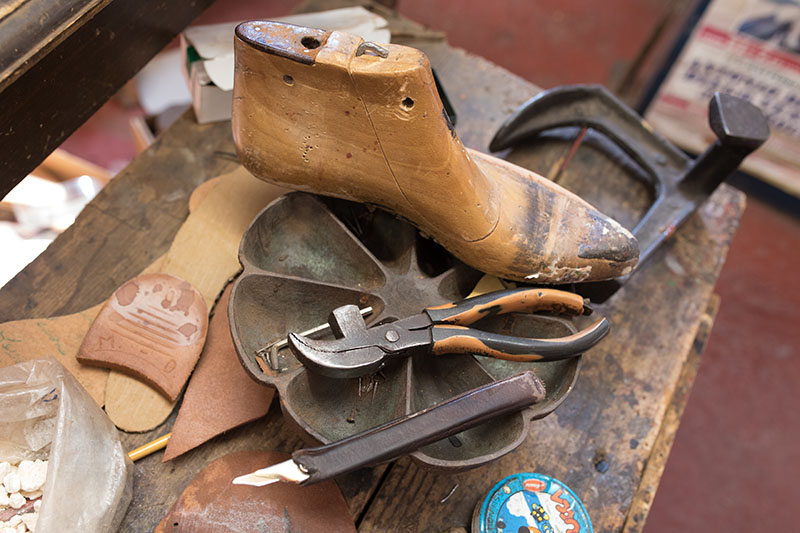
Craftsmanship
In order for an object to be artisan, it must have been created following the recognised rules of art, with a prevalence of handcraftsmanship, which is based on constant dialogue between the mind and hands. Any machinery used in the process plays a smaller role than manual work.
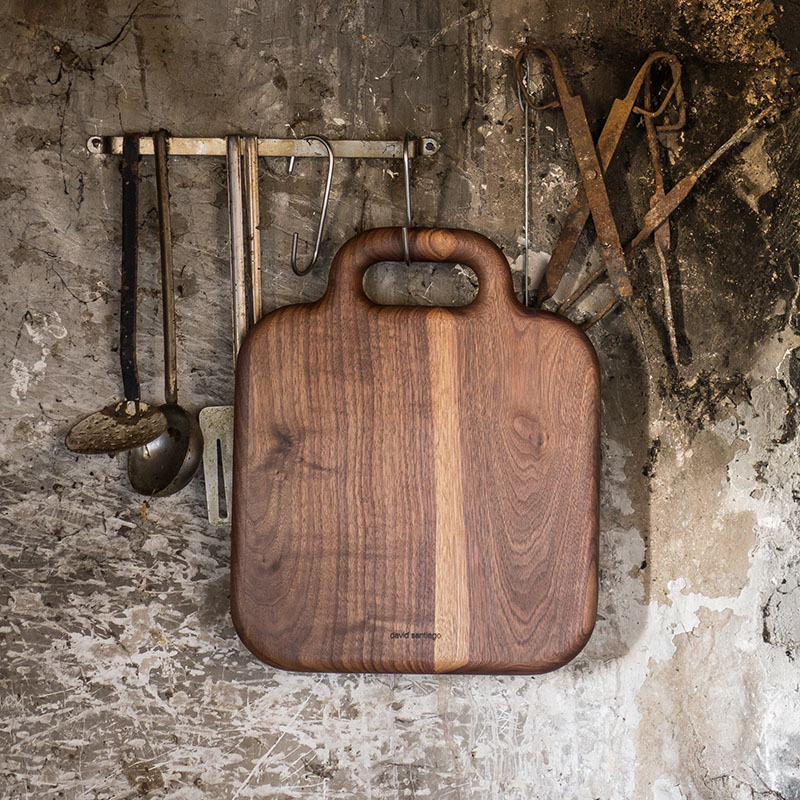
Authenticity
Determining authenticity often means connecting a work with a specific author and context. Something is authentic if it is true and genuine, if it can be connected with a particular person, place and time, each of which reflects historical, artistic and social values.
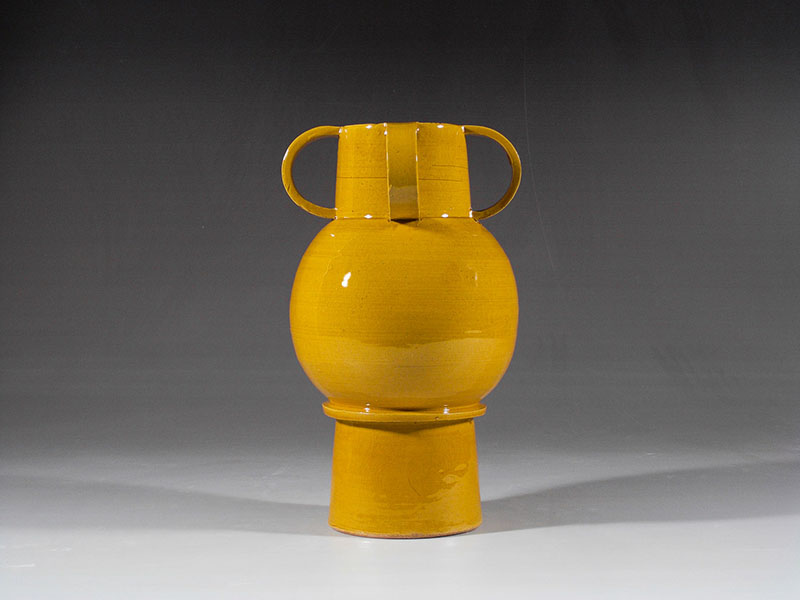
Talent
Talent is the ability to perform an activity and is associated with an innate skill and with creation. In the sphere of crafts, talent requires practical and theoretical knowledge of the materials, techniques and accepted norms and rules of the trade and how to apply them. It also implies preparation, in-depth understanding of the skill and the ability to do it.
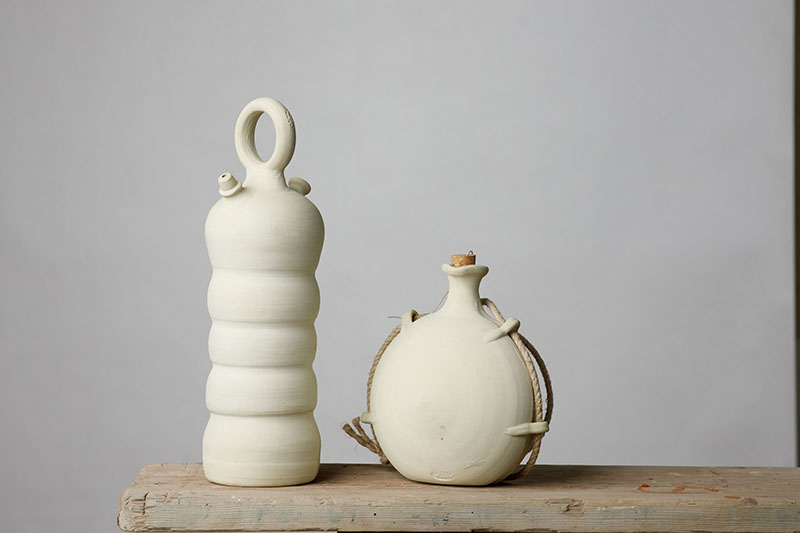
Creativity
Creativity is the ability to generate new ideas or concepts. In crafts, is a dynamic force, a mixture of personal vision, passion and perfectly honed skill that is capable of balancing functional and material limitations with inventiveness, expanding the rules of the art to satisfy the imagination and meet specific needs and tastes.
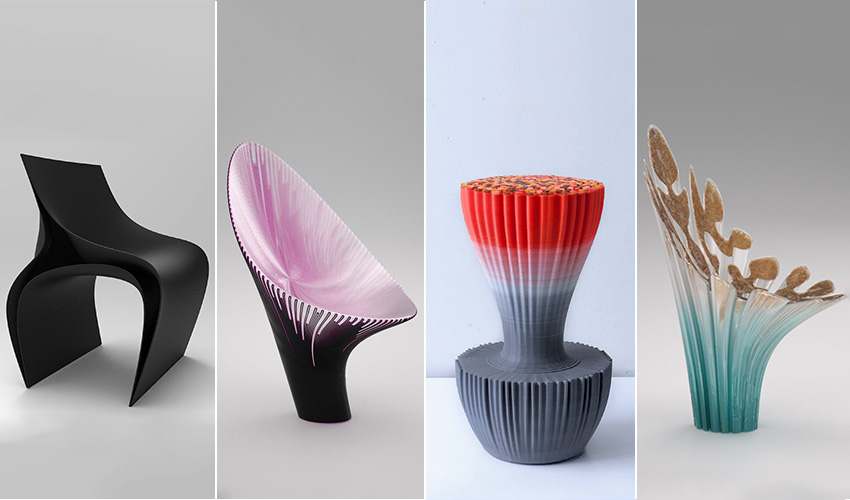
Innovation
Innovation is the ability to change something pre-existing by adding new elements. It is often associated with new technologies and is contrasted with tradition. However, innovation is also what keeps a craft alive and serves as its guide towards the future. The crucial dialogue between innovation and crafts produces new and original materials, tools, ways, styles, functions and aesthetics to respond to the evolution in changing tastes, markets, costs and values.
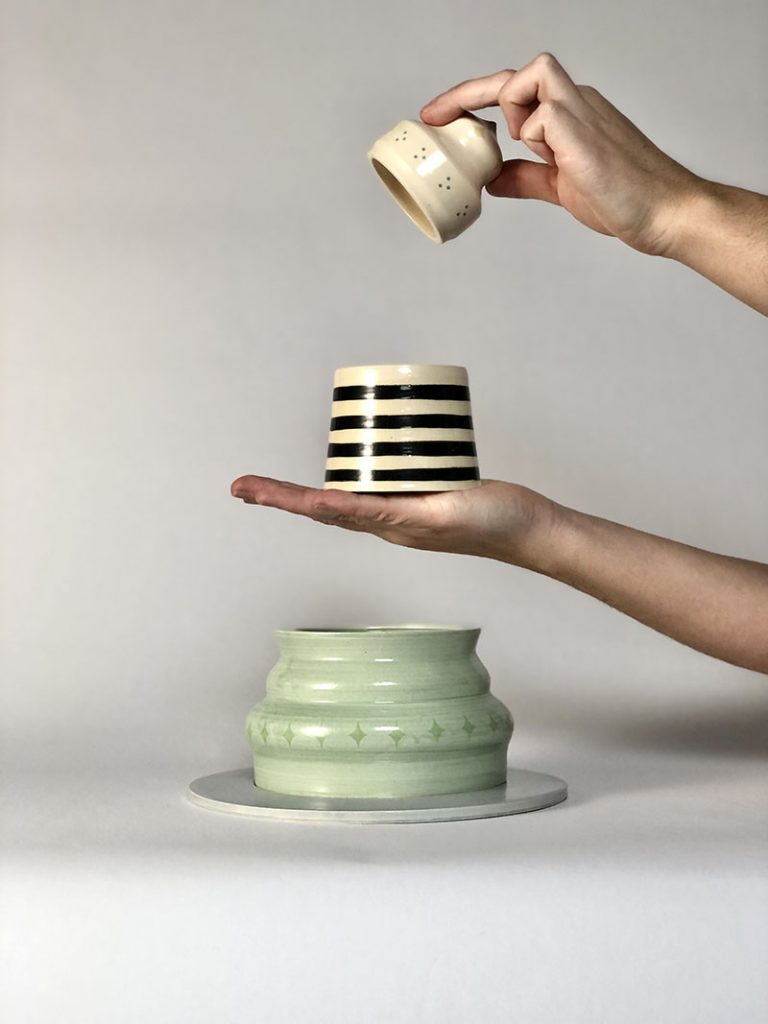
Interpretation
Interpretation is the art of transforming an idea into a product. In that process, whoever interprets does the work of a translator or a mediator based on an extensive knowledge base to fashion one reality into another.
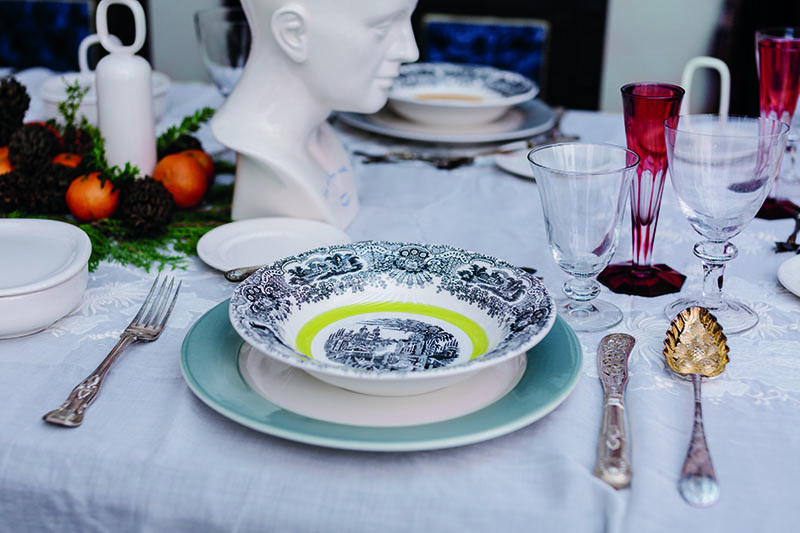
Originality
Originality is a delicate balance between the old and the new, the demands for innovative ways of applying ancient techniques to create something fresh and new.
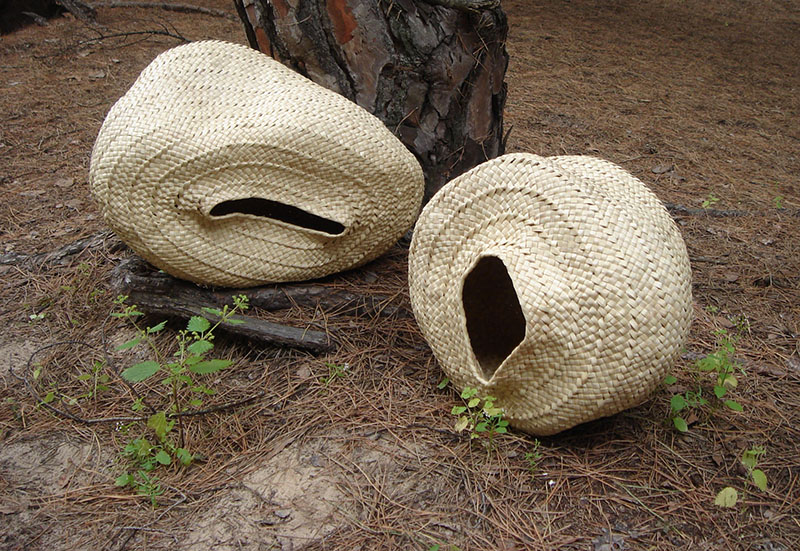
Territory
The word territory encompasses a rich mix of ideas that associate an object with its creator and its geophysical and social environment; it is the source of raw materials and the home of a community of people who transform the local natural and cultural resources into beautiful objects.
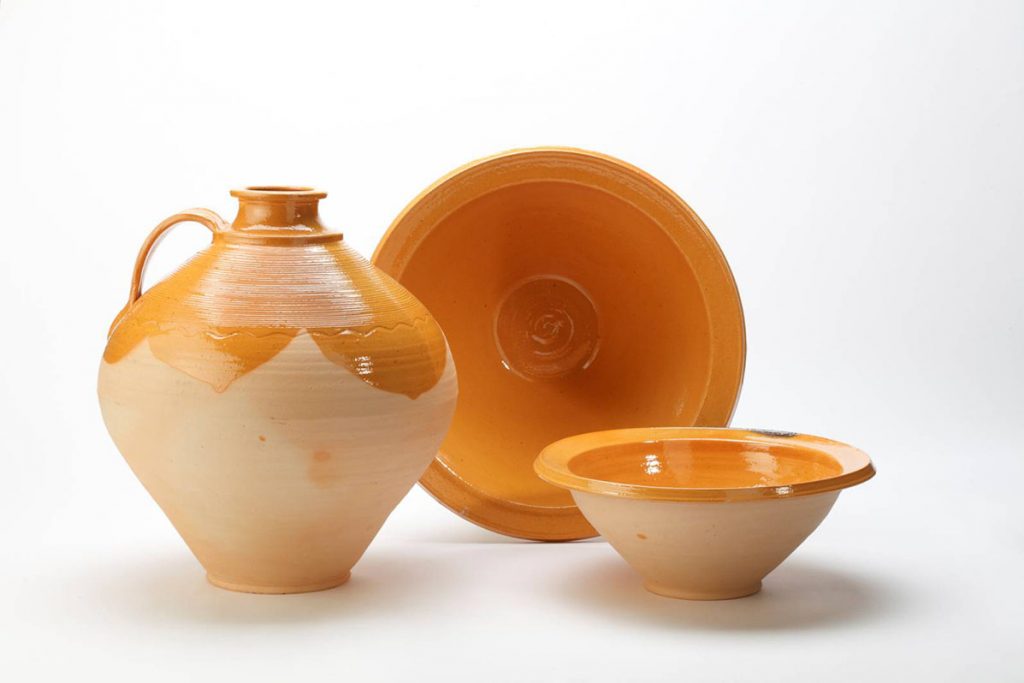
Tradition
Even though the word tradition may evoke ideas of the past, in reality it describes the constant dynamic renewal of cumulative knowledge. It is conveyed from one generation to the next and closely protected and developed in the intimacy of ateliers, families or small enterprises, shared but never standardised. Tradition in crafts describes the transmission and evolution of complex knowledge and the continuity of the professional legacy.
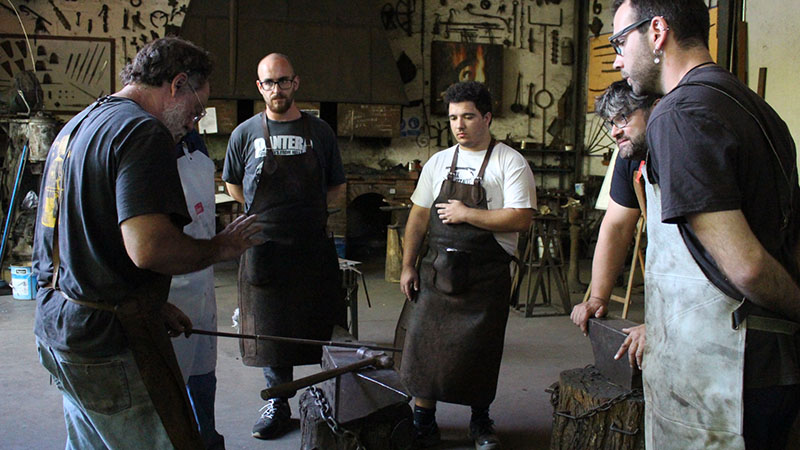
Training
Training goes beyond knowledge of a trade and instead implies teaching, inspiring and constructing future artisans. Mastery implies the ability to recognise the potential in aspiring artisans and to bring out and nurture this knowledge. Among other things, it requires knowledge of a trade and all the tools associated with it, the maturity for collaboration and teamwork and access to an atelier.
